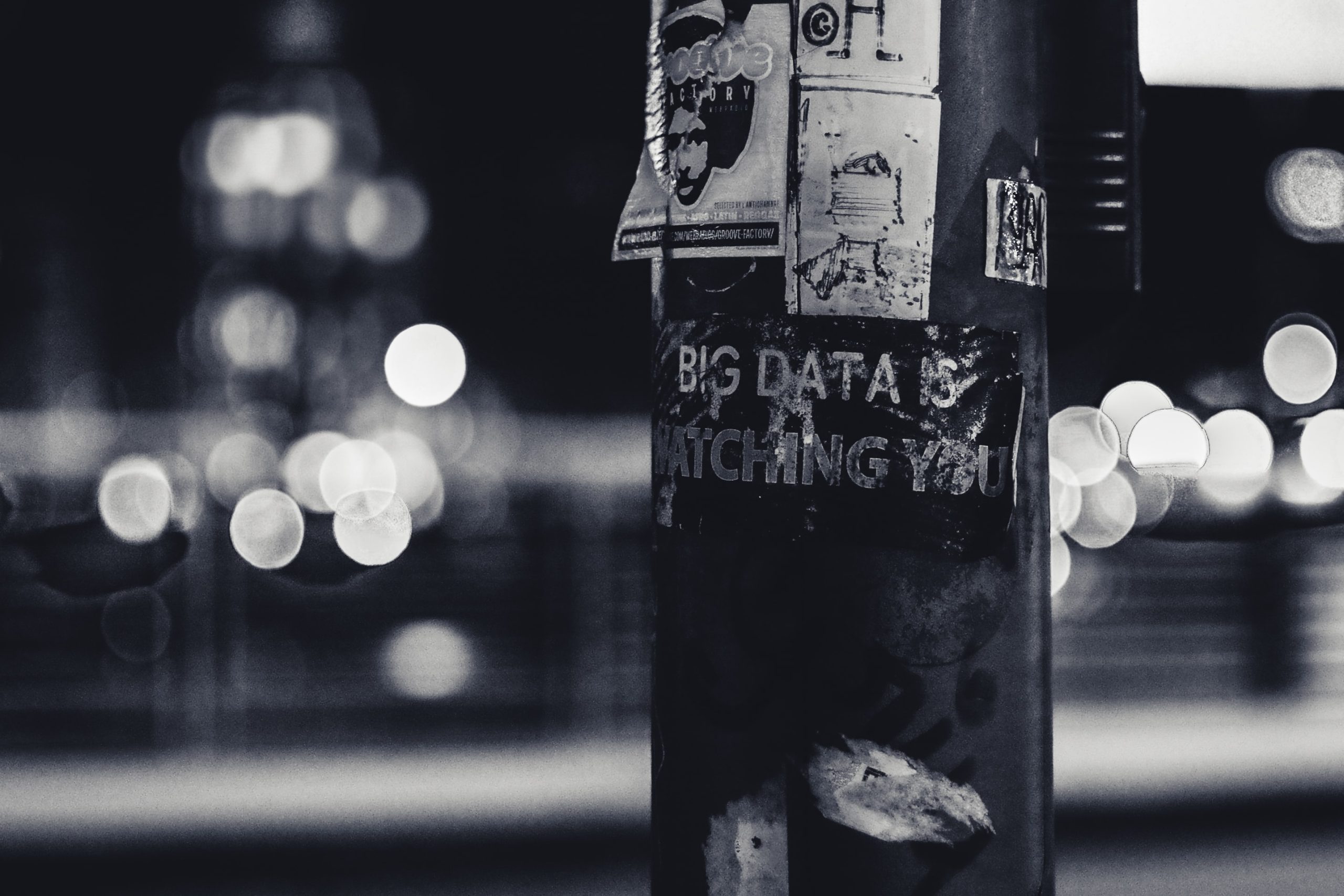The coronavirus pandemic has accelerated online education. The Rathenau Institute sees advantages, but is also worried about privacy and market influence.
(Photo: ev / Unsplash)
“In old school pictures you see the teacher standing in front of a class in a suit and children sitting stiffly at wooden desks. Those days are over. We are currently undergoing a digital transition”, the Rathenau Institute writes in a report that was published today.
The advantages are clear. Teaching and learning become more flexible, students can attend classes remotely, and there are new ways of sharing knowledge. A good example of the advantages are recorded lectures, according to the authors of the report.
But extensive online education deprives students of interaction with fellow students. They become unsatisfied when the balance is too heavily weighted towards online teaching. Moreover, there are all kinds of privacy problems with digitalising education. Just consider the controversial surveillance software that institutions of higher education used for online exams. They turned out to be vulnerable to hackers.
Big tech
Rathenau is certainly not the first to warn of the dangers. We have heard a lot of criticism in recent years from students, political parties, participation councils, cyber security experts and even the rectors of universities.
Last week an online meeting of the Royal Netherlands Academy of Arts and Sciences was held on that very subject. Professors of information law and data governance criticised the dependence of universities on large tech companies.
Rien Wijnhoven, chair of the Tilburg University Council and of the National Platform for University Participation Bodies (LOVUM), made a plea to not make education and research dependent on the revenue models of tech companies. “We have the knowledge, the money and the organisational skill; we can do it ourselves.”
With its twenty recommendations, the Rathenau Institute has added its voice to this chorus. Educational institutions should, for example, join forces against the growing influence of Big Tech companies. Parts of the digital infrastructure should be in public hands in order to prevent undesirable market influence.
“There’s actually a lot that we can get control of right now. And that’s a pressing need if the Netherlands wants to prevent the concerns raised by our report from getting the upper hand”, the Rathenau Institute warns.
Open science
What’s more, about the same holds for digitalising research, the report states. Academia is after all moving in the direction of open science: sharing and making data and knowledge more accessible. This also raises the same questions about privacy and infrastructure.
If university libraries keep putting more online, for example, then they will have to find ways of arming themselves against fake news and disinformation, the authors assert.
HOP, Josefine van Enk
Translation: Taalcentrum-VU
Do you have a question or comment about this article?
redactie@hogeronderwijspersbureau.nl


Comments are closed.